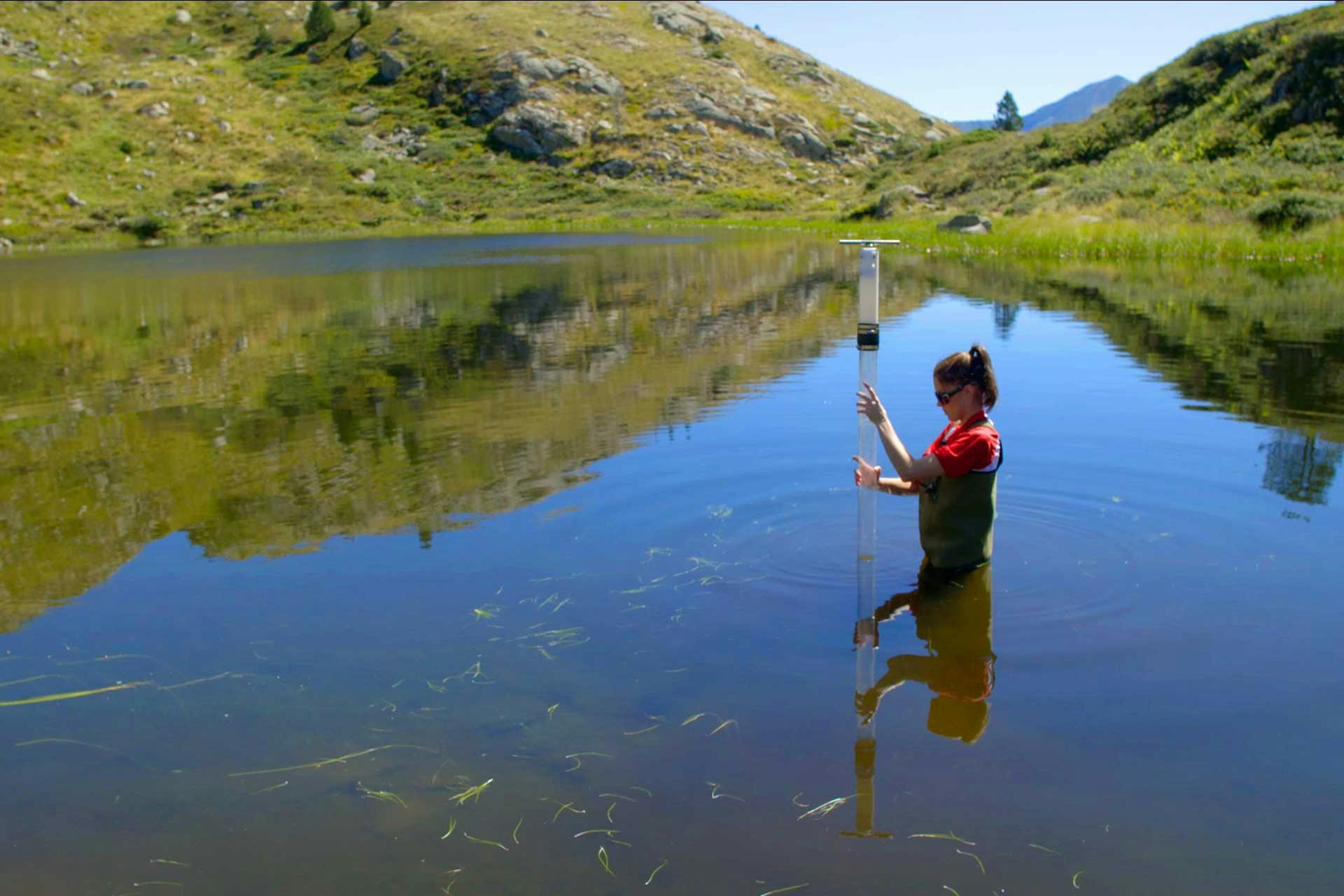
July 10, 2018
Tackling Biodiversity: how can insurers change the game?
In 2018, AXA joined the Act4Nature initiative led by Enterprise for the Environment (EpE) and acknowledged that insurers and investors have an important role to play in the protection, restoration and promotion of biodiversity. Starting 2018, the Group committed to an ambitious economic and political roadmap to address the most complex challenge of our century.
2 minutes
The biodiversity challenge is surely the most complex of our century, even more complex than that of climate change. Indeed, biodiversity comprises all forms of life on Earth, from micro to macro scale and each species plays a role
in the protection of Humans and Nature, in supplying our food and guaranteeing our health. Economically speaking, these roles can be perceived as services
provided free of charge by Nature. However, species are disappearing at a faster rate than ever, often referred to as the sixth mass extinction
, thus endangering these services and threatening our physical integrity.
The Act4Nature initiative brings together over 60 companies, mostly French, collectively stating that biodiversity is what guarantees life on earth and whose safeguard is non negotiable.
Related content

AXA launches new climate change actions
read moreIn line with its strong commitments to climate change, AXA was in 2018 the only insurer to have joined the initiative. Thomas Buberl, CEO of the group, had signed the 10 collective commitments and submitted individual ones to be initiated in 2018. These commitments had been revealed later today, during an official ceremony in the presence of 30 CEOs alongside Nicolas Hulot, French Minister for the Ecological and Inclusive Transition.
We cannot do without Nature services
Today, we could not do without some of the services kindly provided by nature, including:
- Protecting Nature and people: coral reefs and mangroves play an active role in the protection of coastal areas from hurricanes and violent storms; forests are key in capturing C02 emissions and regulating water cycles that reduce the risks of flooding.
- Providing our food: a third of our food comes from bee pollination, making pollinators critical in guaranteeing the quality, quantity and biodiversity of a balanced diet.
- Keeping us healthy: over 50% of our medicines are derived from plants, animals and other fungi; biodiversity is also the first source of information for biomedical and genetic research.
Yet the more we degrade biodiversity, the more we deprive humanity of those very services. According to academic research, the current rate of species extinction is 100 to 1000 times higher than the natural rate of extinction, which compels us, whenever possible, to replace the services they used to provide. But even when we know how to do so, substituting to Nature is very expensive and not necessarily as efficient. For example, artificial pollination, estimated to be worth 153 billion euros, would generate labor and technological costs, exceeding any economic viability.
Insurers have a role to play
Just as we committed to taking game-changing actions for climate, notably by disengaging from coal, AXA committed to an ambitious roadmap on biodiversity by 2020. This action plan focuses on three types of commitments:
- Conducting an analysis of our exposure to risks and opportunities related to the different components of biodiversity;
- Promoting biodiversity in our insurance and investment activities
- Building strong employees engagement for biodiversity and optimizing our own internal practices.
AXA committed collectively with all members of Act4Nature to prevent the degradation of biodiversity because for us, as responsible insurers, protecting biodiversity means protecting the whole of humanity.
In 2020, AXA's commitments took a new turn in terms of biodiversity. The Act4Nature initiative has recently evolved into Act4Nature International, with strengthened commitments. At the event Building business resilience: How collective leadership will reverse nature
on Monday June 15, Thomas Buberl outlined the Group's Act4Nature International commitments by supporting the creation of investor-friendly biodiversity risk metrics.



